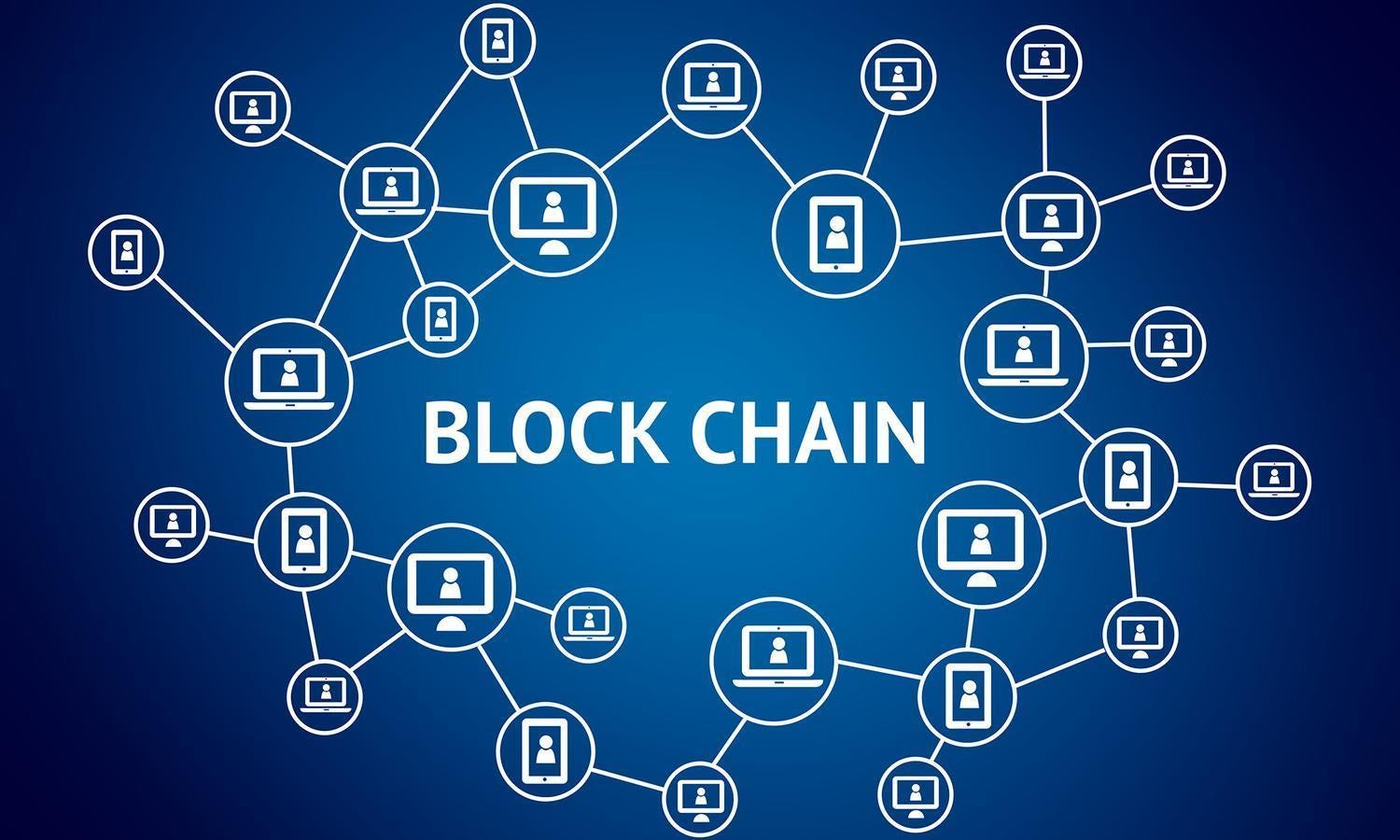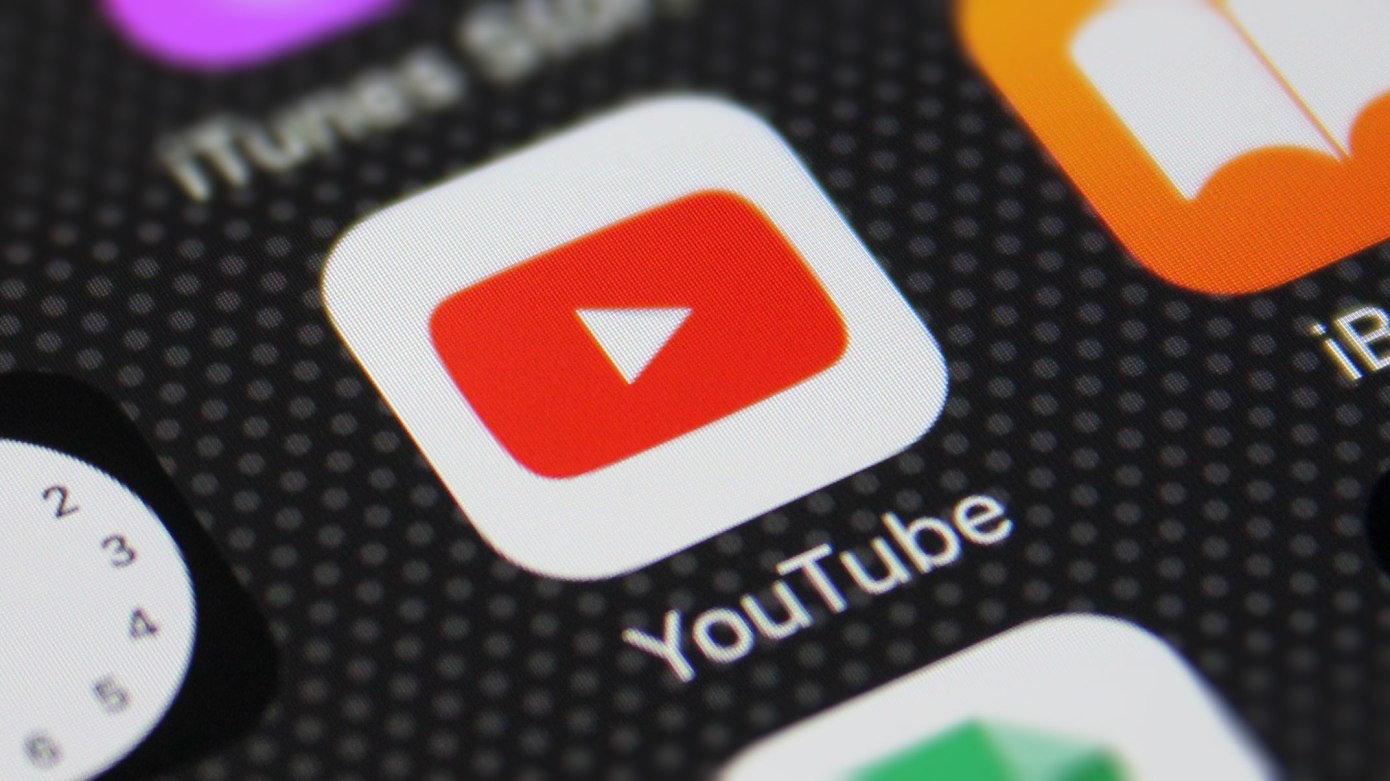Opinion | Transaction Costs and Tethers: Why I'm a Crypto Skeptic - The New York Times https://t.co/QJr4cFmOfm via @GoogleNews
— Paramendra Kumar Bhagat (@paramendra) August 5, 2018
Transaction Costs and Tethers: Why I’m a Crypto Skeptic by Paul Krugman
comes down to two things: transaction costs and the absence of tethering ...... the enthusiasm for cryptocurrencies seems very odd, because it goes exactly in the opposite of the long-run trend. Instead of near-frictionless transactions, we have high costs of doing business, because transferring a Bitcoin or other cryptocurrency unit requires providing a complete history of past transactions. Instead of money created by the click of a mouse, we have money that must be mined — created through resource-intensive computations. ........ you need the digital equivalent of biting a gold coin to be sure it’s the real deal, and the costs of producing something that satisfies that test have to be high enough to discourage fraud. ........ cryptocurrency enthusiasts are effectively celebrating the use of cutting-edge technology to set the monetary system back 300 years ......... please answer the question, what problem does cryptocurrency solve? Don’t just try to shout down the skeptics with a mixture of technobabble and libertarian derp.

The Blockchain is like the Internet, the Bitcoin is like a search engine built on top of that internet. A dozen search engines failed and then Google came along. It is not surprising that several cryptocurrencies have failed. That does not take away from the promise of the Blockchain. The Blockchain will be 1,000 times more promising than the Internet.
You could not have built Facebook or YouTube in 1998. There simply was not enough bandwidth to go around. I think Blockchain technology is waiting for a similar quantum jump in computational power to take off. Perhaps quantum computers will do the trick. And then the Blockchain goes mainstream.
Bitcoin (1/31/2014)
The Blockchain Is About Trust (12/07/2014)
Crypto token roundup
Crypto Tokens: A Breakthrough in Open Network Design
crypto tokens — a new way to design open networks that arose from the cryptocurrency movement that began with the introduction of Bitcoin in 2008 and accelerated with the introduction of Ethereum in 2014. Tokens are a breakthrough in open network design that enable: 1) the creation of open, decentralized networks that combine the best architectural properties of open and proprietary networks, and 2) new ways to incentivize open network participants, including users, developers, investors, and service providers. By enabling the development of new open networks, tokens could help reverse the centralization of the internet, thereby keeping it accessible, vibrant and fair, and resulting in greater innovation.

Reply to @paulkrugman The Blockchain is like the Internet, the Bitcoin is like a search engine built on top of that internet. A dozen search engines failed and then Google came along. https://t.co/acNLcKlpFD
— Paramendra Kumar Bhagat (@paramendra) August 5, 2018





